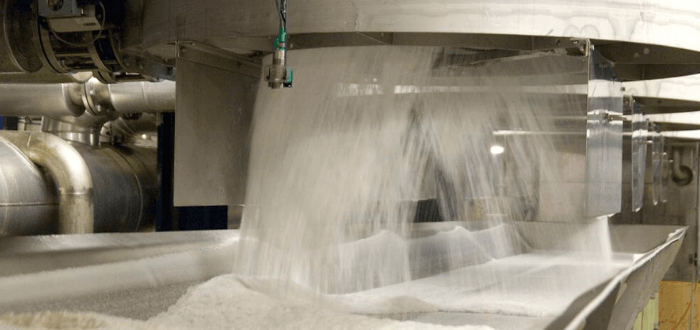(3 Minutes Read)
Ghana is making significant progress toward industrial self-sufficiency, with the Dangote Group set to launch a major sugar refinery project in Kwame-Danso, located in the Bono Region. The Dangote Sugar Refinery Ghana is envisioned as a large-scale agro-industrial complex with a substantial economic impact.
The facility will be capable of processing 12,000 tons of sugarcane daily and will be supported by a 25,000-hectare irrigated farm. It is slated to produce refined sugar, molasses, and ethanol. With Ghana currently spending approximately USD 162 million each year on sugar imports, the project aims to significantly boost domestic production and reduce reliance on foreign suppliers—an effort that complements the country’s broader economic development agenda.
Beyond sugar refining, the facility’s ability to produce molasses and ethanol could benefit several other sectors, including agro-processing, biofuels, and beverages. It is also expected to create substantial employment opportunities in the Bono Region, an area that has historically seen limited industrial activity.
This venture reflects the Dangote Group’s broader commitment to fostering industrial growth across Africa through intra-continental investment. Already active in Nigeria and other African nations, Dangote continues to play a central role in transforming the region’s economic landscape.
Read Also;
https://trendsnafrica.com/dangote-negotiates-with-8-african-countries-over-fuel-supply-deals/
The project aligns closely with Ghana’s goals under the African Continental Free Trade Area (AfCFTA), which emphasises industrialisation and value-added production as keys to sustainable development. As Ghana aims to establish itself as a manufacturing and processing leader in West Africa, initiatives like this are poised to strengthen food security, create jobs, and promote economic independence.





